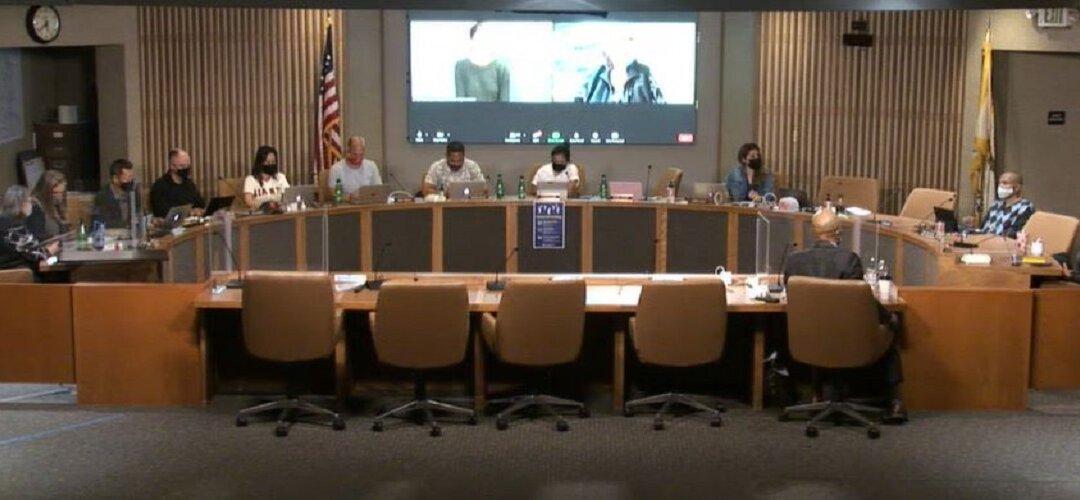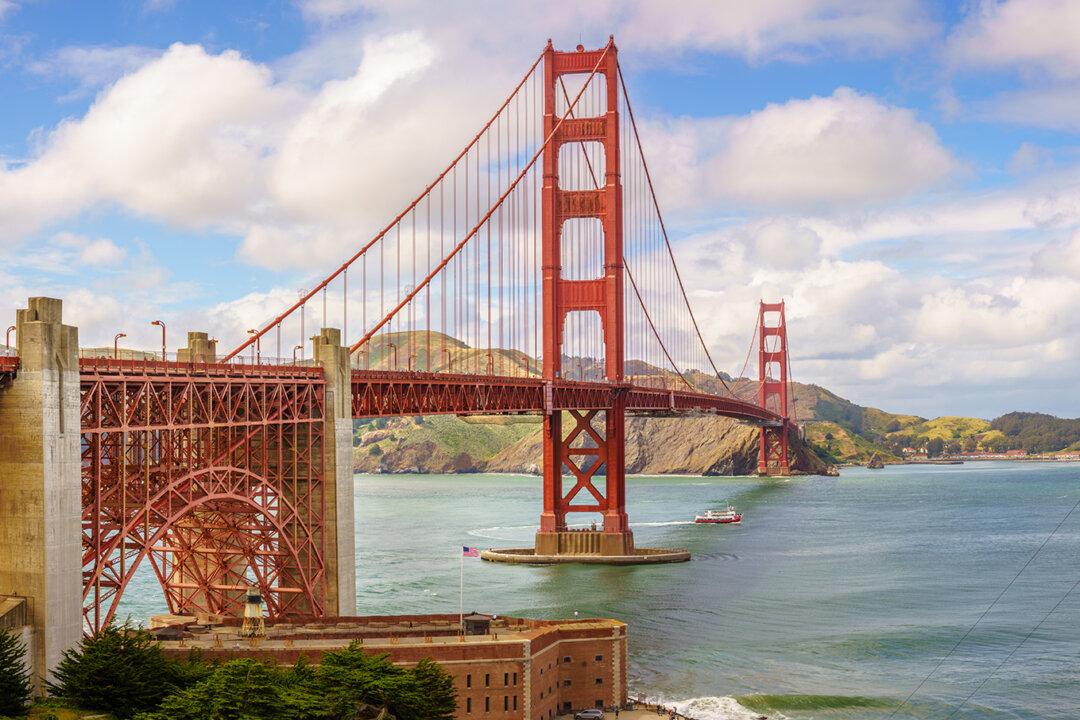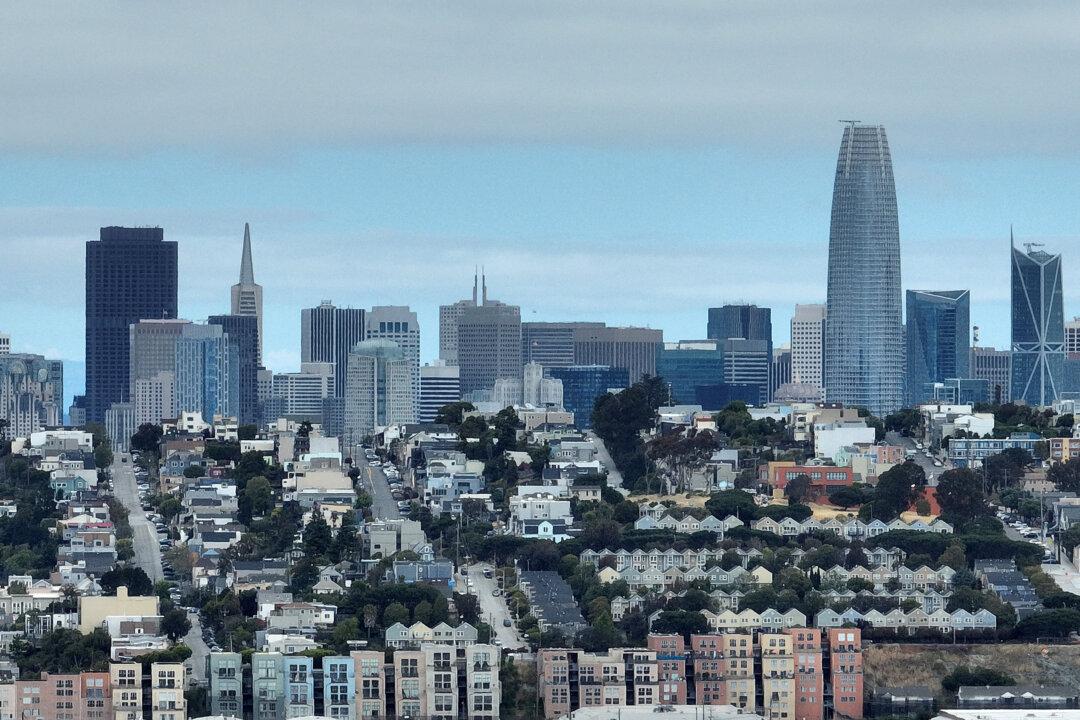Commentary
The recall of San Francisco School Board Commissioners Alison Collins, Gabriela López, and Faauuga Moliga crosses the finish line on Feb. 15 with what we predict will be an important and decisive victory. Average voters—Democrats, Republicans, independents, and especially parents—are waking up and becoming motivated by the fact that they really do have the power to determine and influence who will oversee the education and future of the city’s children.






